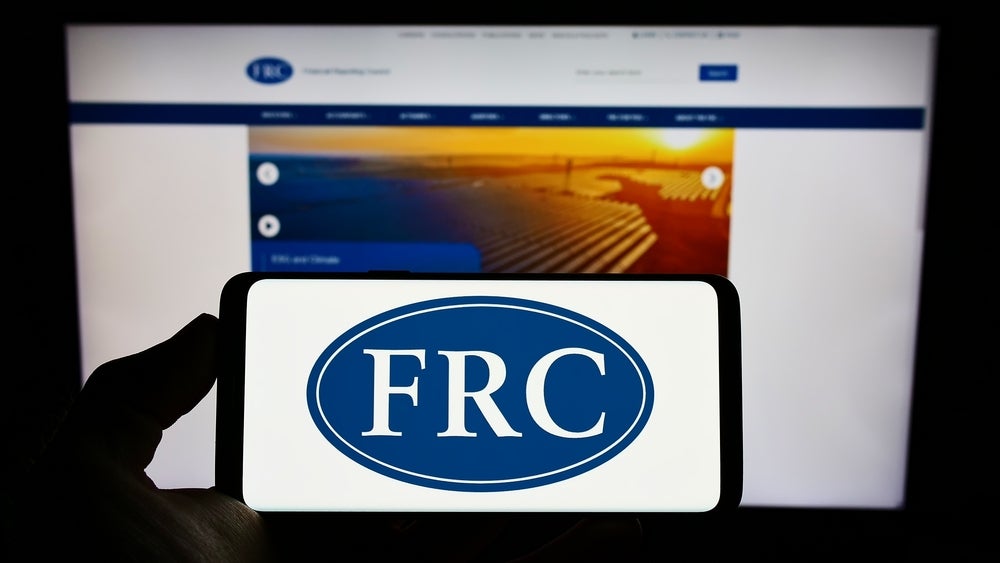insistence on stringent documentation risks a move away from
principles and towards rules, according to KPMG UK head of audit
Richard Bennison. However, the regulator has argued that in most
cases it is more a question of insufficient evidence for
significant decisions.
The AIU, which operates under the Financial Reporting Council
(FRC), this month reported publicly for the first time on the
findings from the inspections of seven audit firms. The reports
cover reviews of firm-wide procedures and individual audits
conducted by the AIU between April 2007 and March 2008. BDO Stoy
Hayward, Deloitte, Ernst & Young (E&Y), Grant Thornton,
KPMG, PKF and PricewaterhouseCoopers (PwC) were the firms
involved.
Fundamentally sound
The AIU said the quality of auditing in the UK is fundamentally
sound and the senior management at each firm is committed to
quality and has appropriate quality control procedures in
place.
A number of shortcomings were identified, however, and Bennison
said many of these relate to insufficient documentation.
Audit partners being rewarded for selling non-audit services to
audit clients was one area the reports said some firms, including
PwC, BDO and KPMG, could improve.
How well do you really know your competitors?
Access the most comprehensive Company Profiles on the market, powered by GlobalData. Save hours of research. Gain competitive edge.

Thank you!
Your download email will arrive shortly
Not ready to buy yet? Download a free sample
We are confident about the unique quality of our Company Profiles. However, we want you to make the most beneficial decision for your business, so we offer a free sample that you can download by submitting the below form
By GlobalDataBennison said KPMG sticks by the principle that people involved
in the audit should not be rewarded for selling services to their
clients and that the instance where the firm was criticised was an
example where documentation should have been better.
The documentation of risk assessment is a topic Bennison said he
is involved in constant discussions with the AIU about.
“It would be at an extreme if everything has been thoroughly
documented and what I call ‘tick the box’,” he explained.
“I think our people are doing absolutely what they need to do
although clearly we have to take the AIU’s points on board – it is
an area that I know we need to do that much more to improve. The
problem is, if the AIU insists on this documentation, we move right
away from principles into rules because you have to demonstrate you
complied with each and every rule.
“Whereas my principle is ‘have we done a robust audit?’ and it
really is a matter of tone – have the people involved in the audit
exercised sufficient scepticism?
“You can’t write and document that on a file, it’s a state of
mind. There is a hell of a lot of work on questioning and
everything else that goes on, such as looking the finance director
in the eyes when you ask ‘have you manipulated any of the
numbers?’”
Bennison added that overall the AIU has done a good job and
firms learn from the monitoring activity.
FRC director of auditing, Paul George, argued that the reports
do not use the term ‘documentation’ to any great extent.
“This is a bit of a circular argument. When challenged, firms
will argue that they undertook certain work but just didn’t
document it rather than agree work was not performed,” he said.
“Then they say ‘all the AIU ever does is comment on lack of
documentation’.
“Where we do challenge the firms about the adequacy of their
evidence, it is not about insignificant items. We challenge them
around their major audit judgements.”
The length of the reports was another issue firms commented on.
George said the more broadminded appreciate that in the present
climate it is necessary to have reasonably detailed reports to
demonstrate the profession is regulated firmly and robustly.
“I think firms were appreciative of the fact that unlike many
regulators, we did make considerable effort to bring out some
positives as well as negatives. But the firms are very sensitive
and they would rather we didn’t say anything critical,” he
added.
The reports included responses from the firms. E&Y welcomed
the reports but said it hoped the standards for determining what
matters are reported will develop over time.
George said E&Y’s comment “understandably challenges us to
ensure consistency in how we report matters, but smacks a little
bit of ‘let’s have more rules’”.
“We are far keener to have principals,” he added.
He said the underlying theme behind the E&Y letter is that
the firm wants a bar to be set, so only items that are clearly
above that bar get reported on.
“At the end of the day it is down to judgement. We would argue
we have drawn that balance reasonably fairly.
“I think most stakeholders would feel that it is better that we
feel able to challenge the firms and comment publicly when we feel
that it is appropriate to do so, rather than to have our ability to
challenge and report unduly fettered.”
Carolyn Canham and Melanie White





